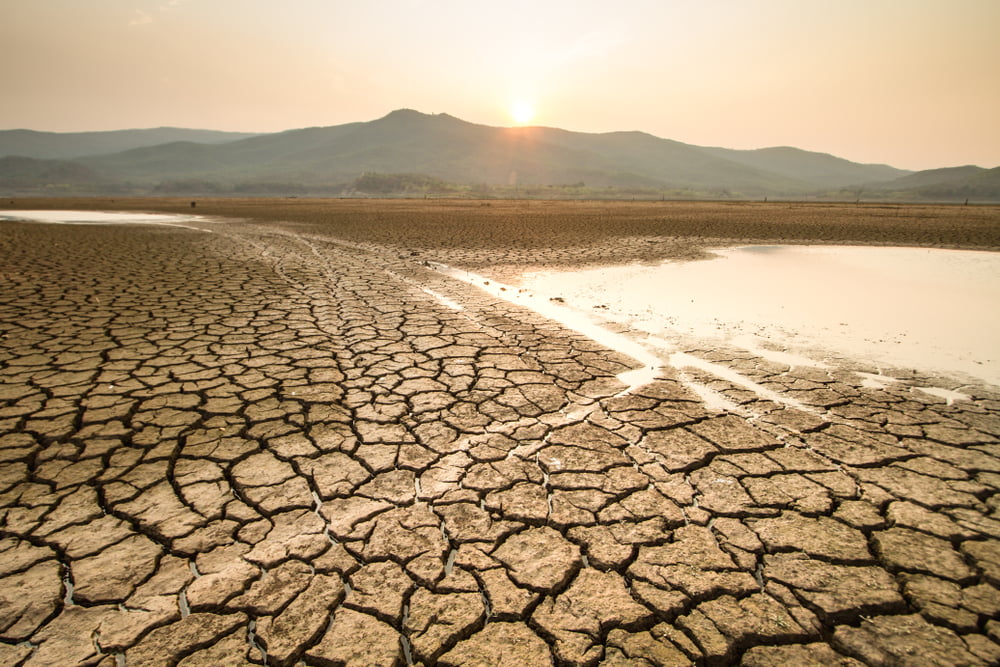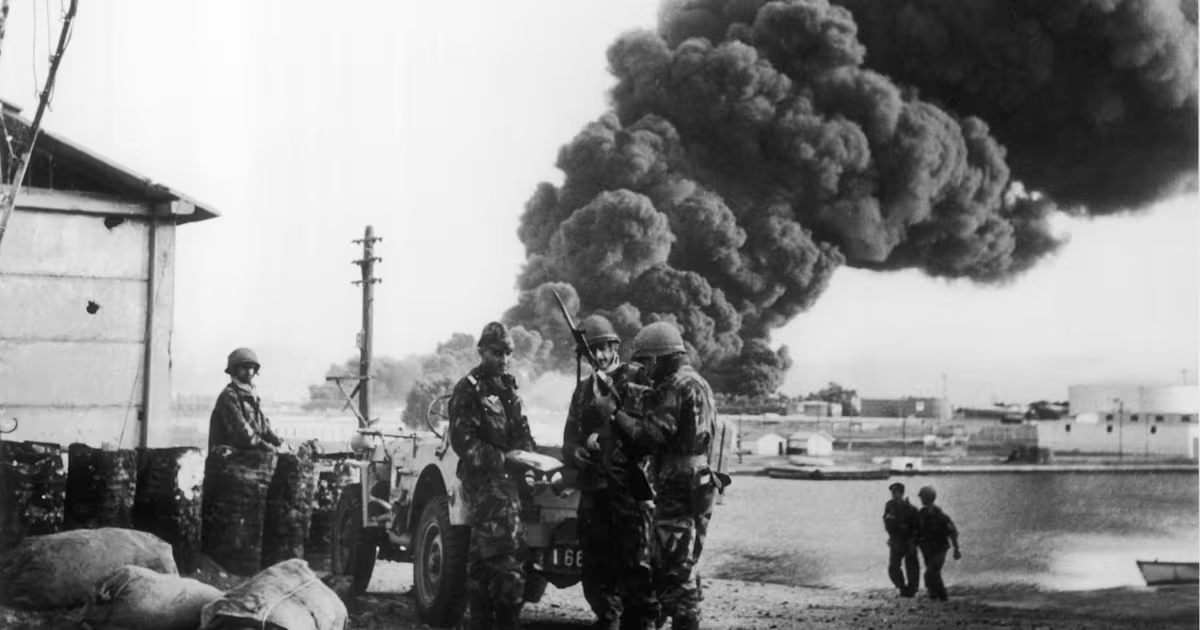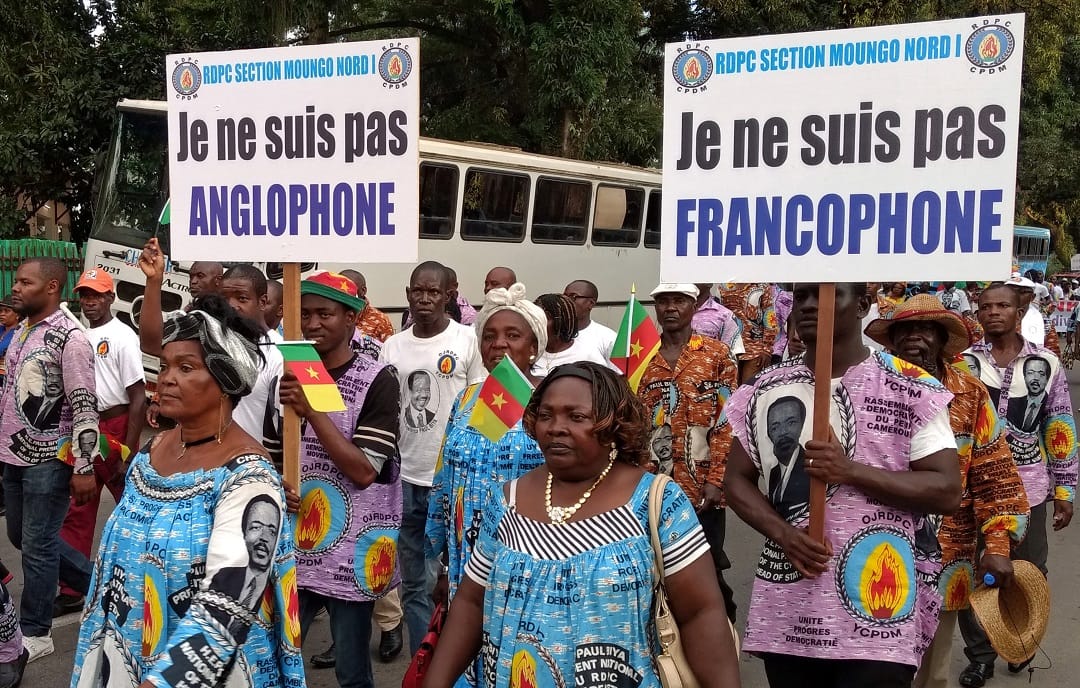As the global climate crisis deepens, water scarcity has emerged as a silent but powerful driver of conflict. In regions like the Middle East, Sub-Saharan Africa, and parts of South Asia, access to clean water is no longer just a humanitarian issue — it’s a geopolitical flashpoint. Scarce water resources have strained diplomatic relations between countries sharing transboundary rivers and aquifers. Tensions surrounding the Nile Basin, for instance, show how vital rivers are being weaponized in political negotiations, creating a fragile balance between cooperation and confrontation.
Experts warn that without sustainable water governance, competition over this life-sustaining resource will intensify. Droughts and mismanagement of water infrastructure can devastate agriculture, drive migration, and ultimately destabilize regions already vulnerable to political unrest. These cascading effects often escape headline coverage but are deeply felt by affected communities, reinforcing cycles of poverty and violence. On-the-ground reports from humanitarian workers confirm that local disputes over wells or irrigation access are increasingly common.
To build resilience, international cooperation and investment in climate adaptation are essential. Organizations like the UN and World Bank are advocating for water diplomacy strategies and transboundary agreements that prioritize equity and sustainability. As global temperatures rise, viewing water as a strategic resource rather than an infinite commodity is no longer optional — it’s a necessity for peace.





